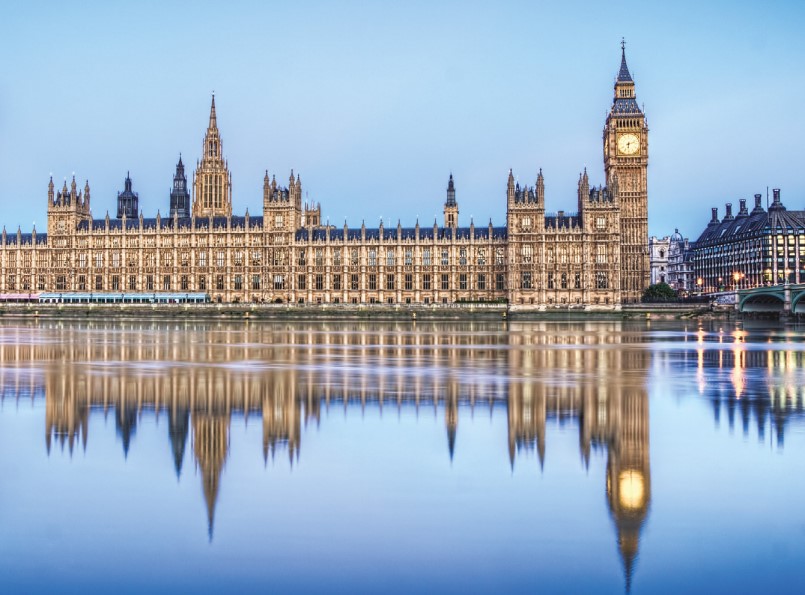The government has today announced details for the Protect Duty, otherwise known as Martyn’s Law - in tribute of Martyn Hett, who was killed alongside 21 others in the Manchester Arena terrorist attack in 2017.
Martyn’s Law aims to deliver better protection against the continued and evolving threat that the UK faces from terrorism, scaling up preparedness for, and protection from, attacks.
Developed with a number of security partners, business and victims’ groups, including Figen Murray and the Martyn’s Law Campaign Team, and Survivors Against Terror, the new law will require venues to take proactive, proportionate steps to improve public safety, and aims to ensure that security preparedness is delivered consistently across the whole of the UK.
Martyn’s Law will follow a tiered model linked to activity that takes place at a location and its capacity.
A standard tier will apply to locations with a maximum capacity of over 100, which can undertake low-cost, simple yet effective activities to improve preparedness. This includes training, information sharing and completion of a preparedness plan to embed practices.
An enhanced tier will focus on high-capacity locations (800 or more people at any one time), which will additionally be required to undertake a risk assessment to inform the development and implementation of a thorough security plan. Subsequent measures may include developing a vigilance and security culture, implementation of physical measures including CCTV.
An inspection and enforcement regime will also be put in place under the new rules to promote compliance, with the risk of sanctions for serious breaches.
Figen Murray, mother of Martyn Hett commented: “Martyn’s Law isn’t going to stop terrorism, but commonsense security, and making sure venues are doing all they can to keep people safe, could mean fewer suffer what myself and the families of Manchester have had to endure.
"I welcome the government’s commitment to including smaller venues and working quickly on this legislation. It is vital we now take the necessary steps to protect ourselves and others wherever possible and I hope other countries learn from this ground-breaking legislation.”
Prime minister Rishi Sunak, added: “The way the city of Manchester came together as a community in the wake of the cowardly Manchester Arena attack, and the amazing work of campaigners like Figen Murray who have dedicated their lives to making us safer and promoting kindness and tolerance, is an inspiration to us all.
“I am committed to working with Figen to improve security measures at public venues and spaces and to delivering this vital legislation to honour Martyn’s memory and all of those affected by terrorism.”
Draft legislation will be published in the early Spring. Dedicated statutory guidance and bespoke support will be provided in due course. Expert advice, training and guidance is also already available at ProtectUK.
Printed Copy:
Would you also like to receive CIR Magazine in print?
Data Use:
We will also send you our free daily email newsletters and other relevant communications, which you can opt out of at any time. Thank you.











YOU MIGHT ALSO LIKE